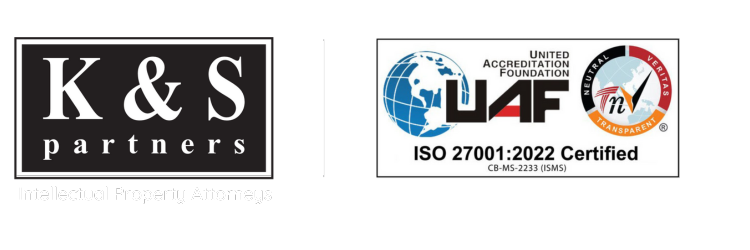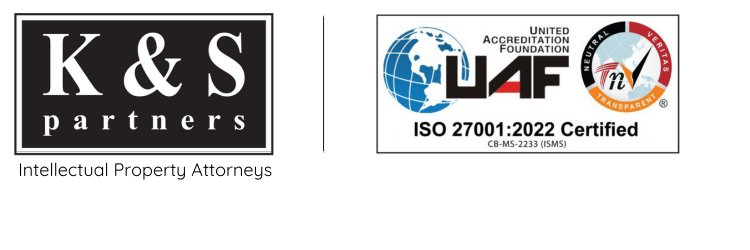
In the matter of JFE Steel Corporation v The Controller of Patents, the Delhi High Court allowed JFE Steel Corporation (JFE) to file amendments to claims and supplement the complete specification by providing new experimental data to support the claims made in its patent application.
The Court also ordered the Controller of Patents (Controller) to reconsider the patent application de novo, taking into account these amendments and the new data.
JFE had filed an application for a patent that relates to a method for activating a continuous annealing furnace by adjusting an in-furnace atmosphere to a mixture of hydrogen and nitrogen. The Controller rejected the a claims on the grounds that they did not meet the criteria of inventive step in view of the prior arts covering similar technologies.
During the examination proceedings, JFE argued that the claimed invention aims to quickly stabilize the in-furnace atmosphere, which typically takes up to a week to reach the expected low dew point (temperature), thereby allowing the annealing process to start the furnace sooner. Furthermore, JFE challenged the rejection and argued that the Controller failed to adequately address the inventive contributions in their invention, nothing that the prior arts do not provide clear motivation for JFE’s claimed invention. Further, JFE introduced new prior art, indicating a need to shorten the dew point stabilization time.
The Controller argued that existing solutions known in the new prior art already shorten the time needed in dew point stabilization. In addition, the Controller pointed out that JFE’s application’s specification does not clearly describe the proper range of hydrogen concentrations. The Court agreed with the Controller’s concern that JFE’s claim is too broad because it covers any hydrogen concentration above the baseline used in the annealing process without clear limits. This vague description raises questions whether the disclosure provides enough details to enable a person skilled in the art to practice the invention without undue experimentation.
In view of above, the Court ordered JFE to file an application for amendment of claims and to furnish new data to support the claims made therein. The Court also ordered that such an application will be considered on its own merits, and if amendments are allowed, the Controller must consider the amended application de novo.
The Court has established a clearer framework and highlights the flexibility of the Indian patent law in allowing claim amendments and submission of additional data/ experimental results. However, it remains essential to ensure that these amendments do not introduce new matter that goes beyond the original disclosure.

